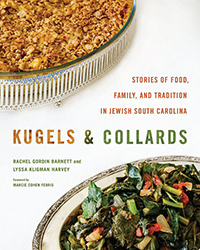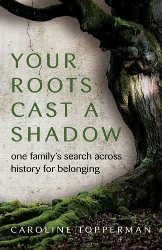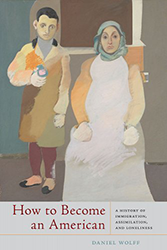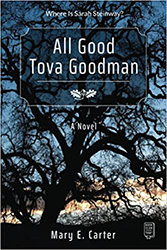Before the birth of the State of Israel, several alternatives were proposed for the establishment of a Jewish state. Theodore Herzl, who convened the first Zionist Congress in Basel in 1896, firmly believed that the Jewish home should be the land where Solomon once was king. But the British Empire, which ruled the region, opposed the plan.
Herzl’s colleague, the author and poet Israel Zangwill, headed the Jewish Territorial Association (ITO). It explored possibilities such as Australia, Canada, Baja California, North Africa, Mesopotamia, East Africa, Madagascar … and Galveston, Texas. The financier Jacob Schiff believed that America should be the new home of the Jews, and Zangwill readily agreed to the Galveston plan. So did the local rabbi, Henry Cohen.
Rachel Cockerell made the ingenious decision to allow her source materials to tell this story. Apart from in the preface and afterword, her own words do not appear at all. Instead, the story is told through brilliantly arranged excerpts from newspapers and correspondence. This multivocal narrative is entirely compelling, creating an extraordinary experience for the reader.
It was Rachel Cockerell’s great-grandfather, David Jochelman — vice president of ITO — who made the arrangements for some 10,000 Jews to immigrate to Galveston, beginning in 1907. Zangwill was there, and declared, “Let us hear no more therefore of Palestine as a field for our emigration.” The idea seemed to be gathering momentum. The next year, his play The Melting Pot was performed in Washington, with President Theodore Roosevelt in the audience. Roosevelt wrote to the playwright, “I have never seen men and women more sincerely stirred than the audience that was present at The Melting Pot.”
Then the troubles began. Authorities began to turn back “destitute Jewish aliens” who had been “induced or solicited to migrate to this country.” The Galveston Immigration Bureau was finally closed in 1914, and many of the immigrants left Galveston for other US destinations.
Melting Point is described by the publisher as “the story of a long-lost plan to create a Jewish state in Texas,” and that forgotten episode in history is vividly told. But the Galveston story accounts for only about sixty pages, with another hundred pages of excellent background about the Zionist movement. The rest follows the lives of David Jochelman’s descendants, making this book largely a family history.
Bob Goldfarb is President Emeritus of Jewish Creativity International.





